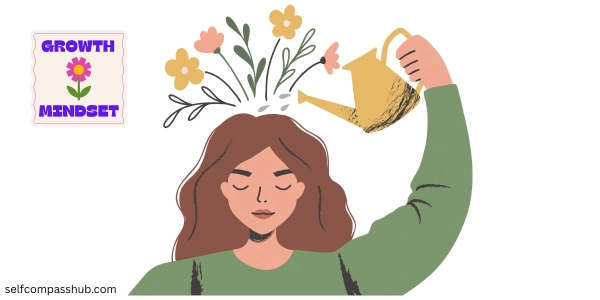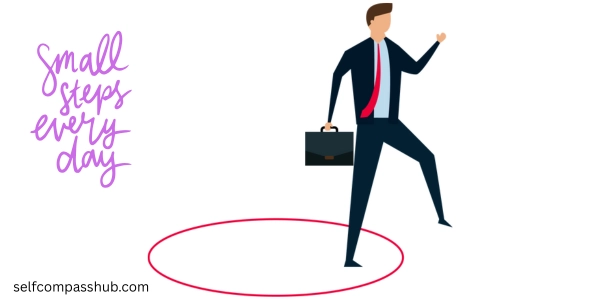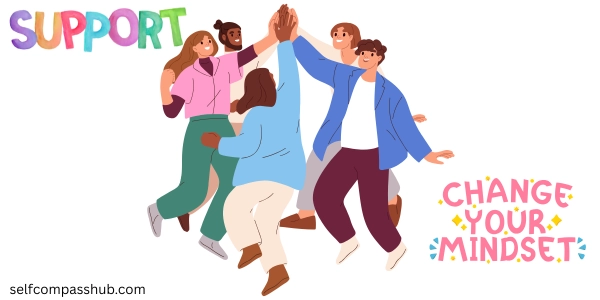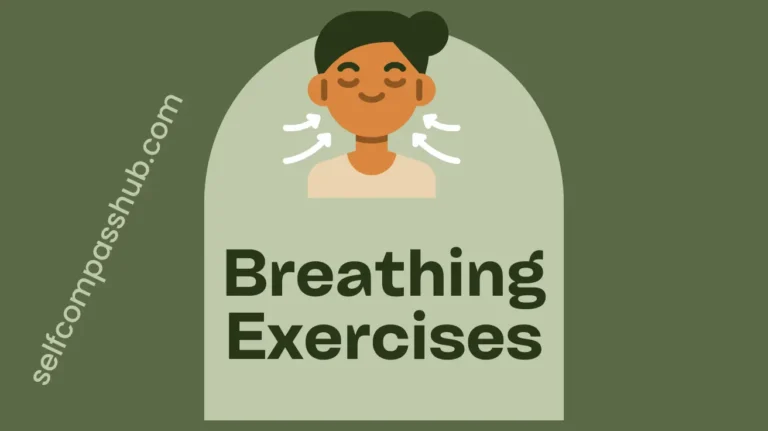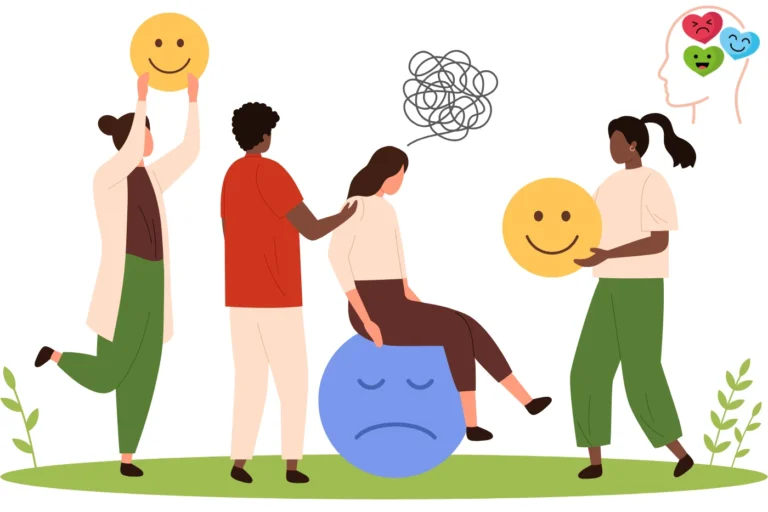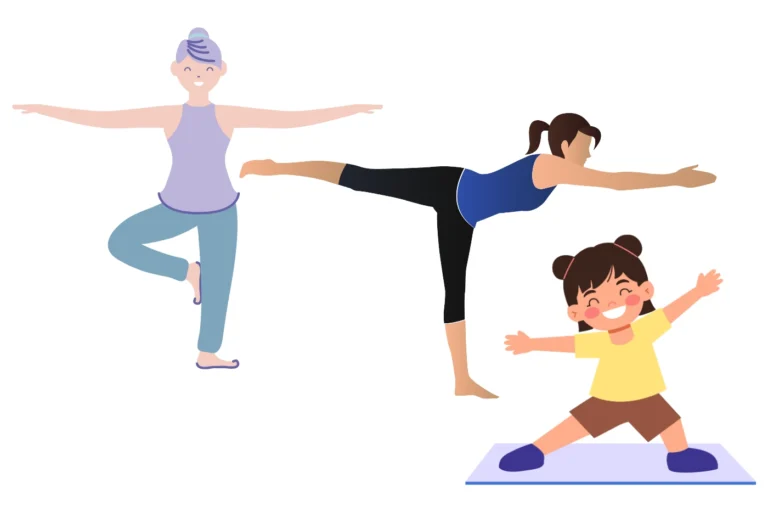Transform your life by mastering these powerful daily habits that reshape your thinking and open doors to happiness and achievement.
Have you ever wondered why some people seem to effortlessly create success and happiness in their lives while others struggle despite their best efforts? The difference often lies not in circumstances but in mindset – the lens through which we view ourselves and the world around us.
Our thoughts create our reality. When we change our thinking patterns, we change the actions we take, and ultimately, the results we achieve. The good news? Mindset isn’t fixed. Through intentional daily habits, you can rewire your brain for positivity, resilience, and success.
In this post, I’ll share science-backed habits that have transformed countless lives – including my own. These aren’t quick fixes or surface-level changes; they’re profound practices that create lasting transformation when applied consistently.
1. Morning Mindfulness: Start Your Day with Intention
The habit: Dedicate the first 10-15 minutes of your day to mindfulness before checking your phone or email.
Why it works: The morning hours set the tone for your entire day. When you immediately reach for your phone, you’re allowing other people’s priorities, news stories, and social media to hijack your mental state before you’ve even had a chance to connect with yourself.
Research from Harvard Business School shows that people who practice morning mindfulness report 23% lower stress levels throughout the day and demonstrate higher levels of focus and productivity.
How to implement it:
- Keep your phone outside your bedroom or in airplane mode overnight
- Begin with three deep breaths upon waking
- Set a timer for 5-10 minutes of meditation, journaling, or simply sitting with your thoughts
- Visualize your day going well, focusing on your top priorities
- Set an intention for how you want to show up today
Real impact: “When I replaced morning social media scrolling with 10 minutes of meditation and intention-setting, I noticed an immediate difference in my anxiety levels. After a month, my colleagues commented on how much calmer and more focused I seemed at work. Now, three years later, I can’t imagine starting my day any other way.”
2. Practice Radical Gratitude
The habit: Actively look for things to appreciate throughout your day, especially during challenging moments.
Why it works: Gratitude is neurologically impossible to feel simultaneously with negative emotions like anger or fear. By training your brain to spot the positive, you’re rewiring your neural pathways for optimism.
A landmark study in the Journal of Personality and Social Psychology found that participants who practiced gratitude exercises for just three weeks reported a 25% increase in happiness and a 24% decrease in symptoms of depression.
How to implement it:
- Keep a dedicated gratitude journal with 3-5 entries daily
- Practice “gratitude pivots” during stressful moments by asking, “What could I appreciate about this situation?”
- Send one thank-you message daily to someone in your life
- Create gratitude anchors—visual reminders that prompt appreciation
- Share three highlights from your day with a partner or friend each evening
Real impact: “When I first heard about practicing gratitude during difficult times, I was skeptical. How could I feel thankful when facing a project failure or financial setback? But forcing myself to find even one small thing to appreciate – like having supportive colleagues or learning valuable lessons – completely transformed how I handle challenges. Problems became opportunities, and my resilience skyrocketed.”
3. Adopt a Growth Mindset Through Daily Learning
The habit: Commit to learning something new every single day, no matter how small.
Why it works: Stanford psychologist Carol Dweck’s research shows that people with a growth mindset – who believe abilities can be developed through dedication and hard work – achieve more than those with a fixed mindset. Daily learning reinforces the neural pathways associated with growth and possibility.
How to implement it:
- Dedicate 20-30 minutes daily to reading, podcasts, or educational videos
- Take online courses in areas that interest you
- Learn from failures by asking, “What can this teach me?”
- Practice a new skill for just 15 minutes daily
- Surround yourself with people who challenge your thinking
- Keep a “learning log” to track insights and new knowledge
Real impact: “I used to believe I wasn’t ‘naturally’ good at public speaking, so I avoided opportunities that required it. After adopting a growth mindset, I started taking small daily actions to improve – watching TED talks, practicing in front of my mirror, and eventually joining Toastmasters. Within six months, I went from dreading speaking to actively seeking opportunities to share my ideas. Now, I’ve spoken at multiple industry conferences and even enjoy it!”
4. Practice Strategic Discomfort
The habit: Deliberately put yourself in challenging situations that stretch your comfort zone.
Why it works: Comfort is the enemy of growth. When we avoid discomfort, we limit our potential and reinforce fear-based thinking. Regular exposure to controlled discomfort builds confidence and expands what you believe is possible.
Research in neuroplasticity shows that pushing boundaries in safe ways creates new neural connections that make future challenges feel more manageable.
How to implement it:
- Identify one small uncomfortable action to take daily
- Start conversations with strangers
- Try new physical activities that challenge your body
- Express your authentic opinion even when it differs from others
- Ask for what you want or need directly
- Track your “comfort zone expansions” in a journal
Real impact: “I was painfully shy and avoided any situation where I might be judged. My coach suggested I practice ‘strategic discomfort’ by doing one thing daily that scared me. I started small – making eye contact with strangers, then progressed to asking questions in meetings, and eventually volunteering to lead projects. After six months, my confidence was unrecognizable. I’ve since received two promotions and developed meaningful relationships I never would have had otherwise.”
5. Surround Yourself With Growth-Oriented People
The habit: Actively curate your social environment to include people who inspire and challenge you.
Why it works: We are the average of the five people we spend the most time with. Our social connections directly influence our beliefs, habits, and ambitions through a phenomenon social scientists call “emotional contagion.”
A landmark study published in the New England Journal of Medicine found that your chances of becoming obese increase by 57% if a friend becomes obese. Similar patterns exist for happiness, success mindsets, and achievement.
How to implement it:
- Audit your current relationships for energy-givers vs. energy-takers
- Join communities aligned with your aspirations
- Find an accountability partner or mentor
- Limit time with consistently negative individuals
- Engage in meaningful conversations rather than small talk
- Express appreciation to those who lift you higher
Real impact: “When I decided to start my own business, most of my friends thought I was crazy to leave my secure job. Their doubt was contagious, and I almost gave up. Then I joined an entrepreneurship community where everyone was pursuing ambitious goals. Being surrounded by possibility thinkers completely transformed my confidence. Three years later, my business is thriving, and I’ve formed friendships that continually push me to new levels of growth.”
6. Master Your Self-Talk
The habit: Become aware of and deliberately reshape your internal dialogue.
Why it works: The conversations you have with yourself are the most important ones you’ll ever have. Negative self-talk creates self-fulfilling prophecies and limits what you believe is possible, while supportive self-talk expands your potential.
Neuroscience research shows that self-compassion activates the mammalian care system associated with feelings of security and safety, reducing anxiety and increasing resilience.
How to implement it:
- Notice your inner critic without judgment
- Replace “I can’t” with “I haven’t yet”
- Talk to yourself as you would to a good friend
- Create empowering mantras for challenging situations
- Practice thought-stopping when negative spirals begin
- Keep a “wins journal” to reference during moments of self-doubt
Real impact: “I didn’t realize how cruel my inner voice was until I started paying attention. I would never speak to anyone else the way I spoke to myself! Learning to catch and redirect negative self-talk was game-changing. When I replaced ‘I always mess this up’ with ‘I’m learning and improving each time,’ my confidence and performance dramatically improved. My anxiety decreased, and opportunities I would have been too afraid to pursue started coming my way.”
7. Create Systems, Not Just Goals
The habit: Focus on developing consistent processes rather than fixating solely on outcomes.
Why it works: Goals are important for direction, but systems determine progress. When you fall in love with the process rather than obsessing over results, you create sustainable change while enjoying the journey.
Research on habit formation shows that people who focus on building systems achieve their objectives more consistently than those who focus exclusively on goals.
How to implement it:
- Break large goals into daily micro-habits
- Focus on showing up consistently rather than perfectly
- Track your process metrics rather than just outcomes
- Create environmental triggers for desired behaviors
- Develop “if-then” contingency plans for obstacles
- Celebrate consistency as much as achievements
Real impact: “I had set fitness goals for years with minimal success. I’d start strong, get discouraged when results weren’t immediate, and quit. Everything changed when I shifted from ‘I want to lose 30 pounds’ to ‘I’ll exercise for 20 minutes daily, no matter what.’ The pressure disappeared, consistency became easier, and ironically, I started seeing better results. Now I apply this systems-thinking to everything from my career to relationships.”
Conclusion: Small Habits, Extraordinary Life
The power of these habits lies not in their complexity but in their simplicity and consistency. Small daily actions, when practiced over time, create massive transformation.
Remember that habit formation isn’t linear. There will be days when you falter, and that’s completely normal. What matters isn’t perfection but your willingness to begin again.
Start with just one habit that resonates most deeply with you. Master it before adding another. As James Clear wisely notes, “Success is the product of daily habits – not once-in-a-lifetime transformations.”
Your mindset is your most valuable asset. By intentionally cultivating it through these proven habits, you’re not just changing your thoughts – you’re changing your life.
Which habit will you start implementing today?
“Watch your thoughts, they become your words; watch your words, they become your actions; watch your actions, they become your habits; watch your habits, they become your character; watch your character, it becomes your destiny.” – Lao Tzu



